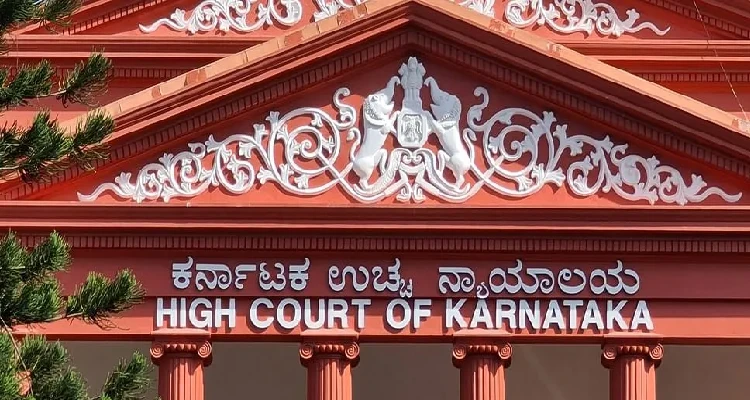
The Karnataka High Court has quashed three reassessment notices issued by the Income Tax Department against EIT Services India Ltd (formerly Hewlett Packard) for the assessment years 2005-06, 2006-07, and 2007-08.
The court concluded that deputing personnel abroad for software development qualifies for tax exemption under Section 10A of the IT Act.
The Commissioner of Income Tax (CIT), Bengaluru, had directed a re-examination of the claim for deduction under Section 10A/80HHE of the Income Tax Act, contending that “part of the petitioner’s profits was related to rendering technical services outside India, which was not eligible for deduction.”
EIT Services India Ltd challenged the reassessment notices through three writ petitions, which were heard by the bench of Justice S Sunil Dutt Yadav.
The court’s judgment referred to a 2013 circular issued by the Ministry of Finance, clarifying that “expenditure incurred for services to develop software outside India could be allowed under Section 10A of the IT Act if deputation is for the development of software.”
The Karnataka High Court, in its ruling, stated, “It is clear that the clarification stipulates that the benefits under Section 10A deductions can be availed of if there exists a direct and intimate nexus or connection between the development of software abroad with the eligible units set up in India.”
The court also emphasized that deputing technical manpower abroad does not undermine the benefits of exemption under Section 10A of the IT Act.
Considering the facts of the case and the circular’s relevance, the court observed, “When the present facts are looked into, it is clear that the deductions sought for could fall within the scope of Section 10A of the IT Act, which, however, is a determination to be made on merits while this court is only considering whether the Assessing Officer has applied his mind to the issue of deduction under Section 10A of the IT Act, whether the assessee has made true and full disclosure of relevant primary facts. In order to come to a conclusion regarding the above two aspects, the circular would throw some light, and it is in such a context that the circular could be referred to.”
The Karnataka High Court, in setting aside the three reassessment notices, remarked, “The conclusion arrived at by the Assessing Officer for the Assessment Years 2005-2006, 2006-2007, and 2007-2008, when examined from the point of view of the circular, would strengthen the case of upholding the deduction under Section 10A of the IT Act and would indicate that the resort to a review in the guise of reassessment would be a futile exercise.”




